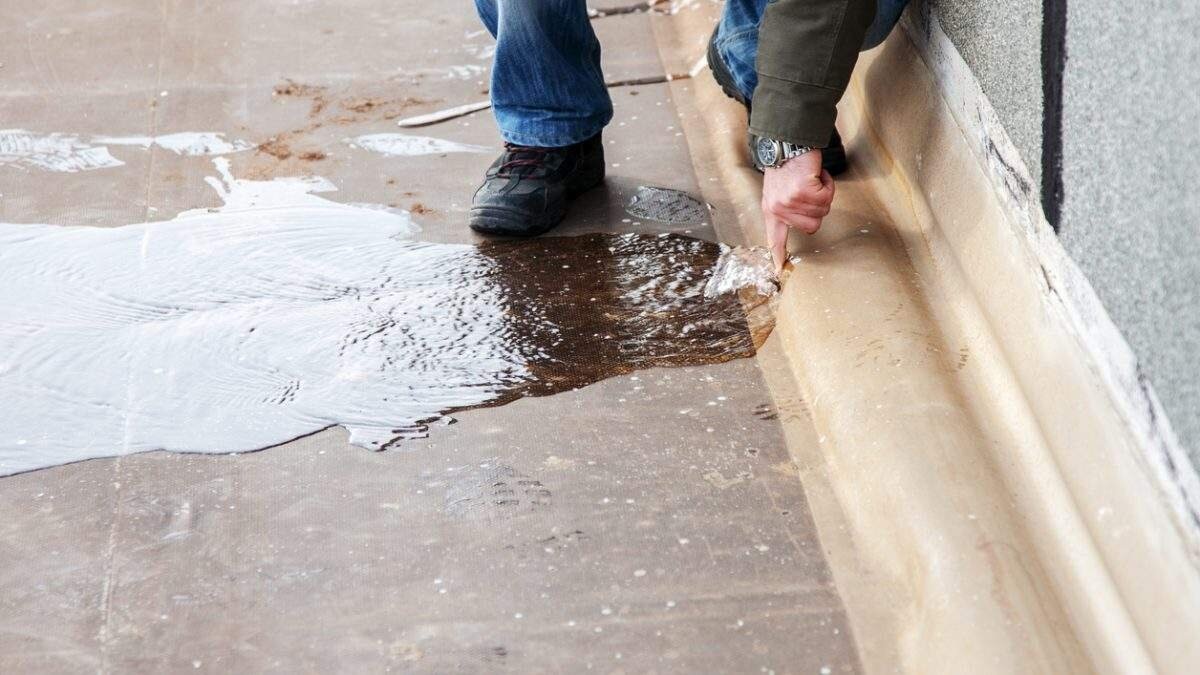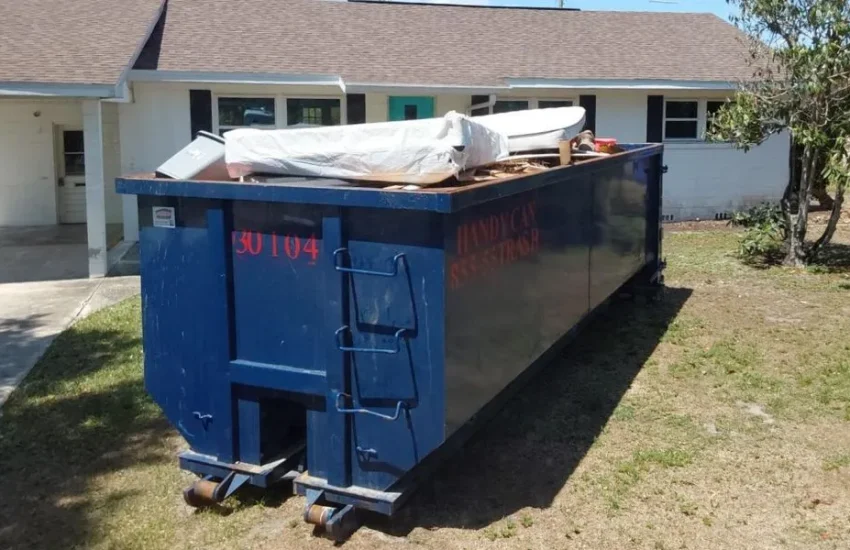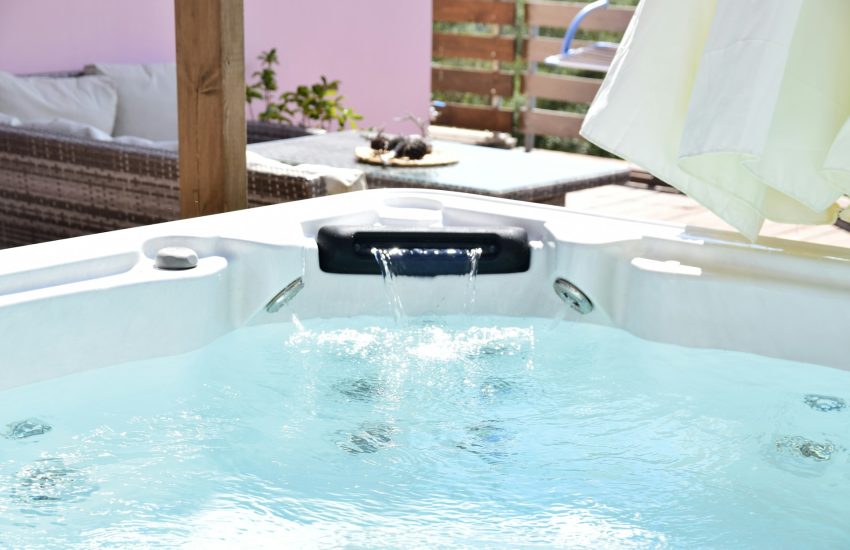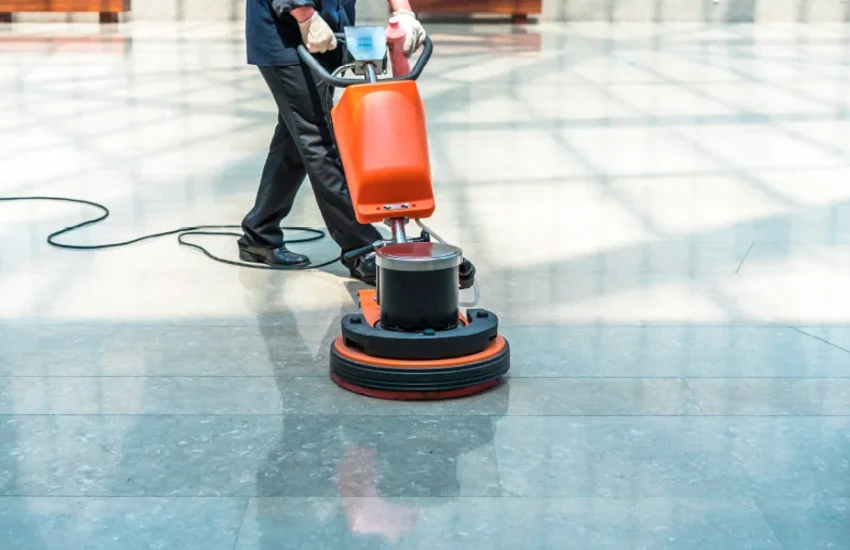The Hidden Dangers of Water Line Slab Leaks: What You Need to Know
Key Takeaways:
- Water line slab leaks can cause significant damage, attract pests, and pose health hazards.
- Aging pipes, extreme temperatures, and chemical corrosion are common causes of water line slab leaks.
- Signs of water line slab leaks include unusual spikes in water bills, mold and mildew growth, and the sound of running water when faucets are off.
- Water line slab leaks can weaken the foundation, attract pests, and promote mold and bacteria growth.
- Repairing water line slab leaks can be done through spot repair or full replacement.
- Timely intervention and hiring reliable professionals are important to prevent costly water damage.
Water line slab leaks are a prevalent and often overlooked issue that can lead to significant damage in your home. These hidden culprits can cause structural damage, attract pests, and even pose health hazards. In this comprehensive guide, we will unveil the causes of water line slab leaks, explore the signs and symptoms to watch out for, discuss the damaging impacts they can have on your home, and provide information on repairing these leaks to save both your home and your wallet.
The Causes of Water Line Slab Leaks: Unveiling the Hidden Culprits
Understanding the Role of Aging Pipes
One of the leading causes of water line slab leaks is aging pipes. Over time, pipes can deteriorate due to normal wear and tear, leading to leaks. Older homes, typically those built over 50 years ago, are more likely to have pipes that have reached their lifespan and are susceptible to corrosion and damage.
It is essential to be aware of the type of pipes in your home, as different materials have varying lifespans. For example, galvanized steel pipes have an average lifespan of 50 years, while copper pipes can last up to 70 years. By understanding the age and condition of your pipes, you can take proactive measures to prevent slab leaks.
The Impact of Extreme Temperatures on Water Line Integrity
Severe weather conditions can strain water pipes and raise the possibility of slab leaks. Freezing temperatures in areas with harsh winters can cause pipes to expand and compress, which can result in leaks and breaks. Similarly, in areas with scorching summers, the heat can cause pipes to expand and potentially rupture.
Your pipes can be shielded from extremely high and low temperatures via insulation. In addition, maintaining enough ventilation in warmer areas and keeping your house heated during cold times will help reduce the chance of temperature changes causing slab leaks.
Chemical Corrosion: How it Weakens Water Lines Over Time
Chemical corrosion is another culprit behind water line slab leaks. The acidity and chemical composition of your water supply can corrode metal pipes, eventually leading to leaks. This is particularly common in areas with highly acidic water or homes with plumbing systems that utilize older, less corrosion-resistant materials.
To combat chemical corrosion, it is crucial to monitor the pH and mineral content of your water supply. If necessary, installing a water treatment system that adjusts the water’s pH levels can help prevent corrosion and extend the lifespan of your pipes.
The Detectives at Work: Signs and Symptoms of Water Line Slab Leaks
Unusual Spikes in Water Bills: A Red Flag to Investigate
If you notice a sudden increase in your water bills without any corresponding changes in usage, it could be a sign of a water line slab leak. These silent leaks can go undetected for months, leading to substantial water waste and inflated utility bills. Monitoring your water bills closely and addressing any unexplained spikes can help catch slab leaks early.
Mold and Mildew: The Sneaky Indicators of a Hidden Leak
One of the sneakiest indicators of a water line slab leak is the presence of mold and mildew in your home. Slab leaks can create a moist environment that is conducive to mold growth. If you notice mold or mildew in your home, particularly in areas near the floor or along baseboards, it is essential to investigate further for potential slab leaks.
The Mysterious Sound of Running Water: A Clue You Shouldn’t Ignore
If you hear the sound of running water when all faucets and water fixtures are turned off, it may be a clue that you have a hidden water line slab leak. This mysterious sound is often the result of water leaking beneath your home’s foundation. Paying attention to these auditory signals can help you catch slab leaks before they cause severe damage.
The Damaging Impacts of Water Line Slab Leaks on Your Home
A Weakening Foundation: How Leaks Undermine Structural Integrity
Water line slab leaks can lead to a weakening of your home’s foundation, posing a serious structural risk. The constant water leakage can erode the soil supporting your foundation, causing it to sink and crack. If left untreated, this can result in costly repairs and even compromise the stability of your entire home.
It is crucial to address slab leaks promptly to prevent further damage to your foundation. Seeking professional help from a foundation repair specialist can ensure that the necessary measures are taken to stabilize your home.
Unwanted Pests: An Unwelcome Consequence of Water Line Leaks
Moisture from water line slab leaks can attract pests such as termites and ants. These unwanted visitors can cause significant damage to your home’s wooden structures and compromise its overall integrity. Additionally, pests like cockroaches are known to thrive in moist environments, increasing the risk of contamination and potential health hazards.
Addressing slab leaks promptly and eliminating the excess moisture can help deter pests from infesting your home. It is also advisable to consult with a pest control professional if you suspect an infestation.
Health Hazards: The Hidden Dangers of Mold and Bacteria Growth
Water line slab leaks create a perfect breeding ground for mold and bacteria growth, which can pose serious health risks to you and your family. Mold spores can cause respiratory problems, allergic reactions, and even trigger asthma attacks. Additionally, bacteria thriving in the stagnant water from leaks can contaminate your water supply, leading to potential illnesses.
If you suspect that you have mold or bacteria growth due to a slab leak, it is crucial to address the issue immediately. Calling in professionals who specialize in water damage restoration and mold remediation can ensure that your home is safe and free from harmful contaminants.
Saving Your Home and Wallet: Repairing Water Line Slab Leaks
The Innovative Solutions: Spot Repair or Full Replacement?
When it comes to repairing water line slab leaks, there are two primary options: spot repair and full replacement. Spot repair involves fixing the specific area of the leak without replacing the entire water line. This option is typically more cost-effective and less invasive. However, it may not be suitable for older pipes or cases where there is a high risk of further leaks.
On the other hand, full replacement involves replacing the entire water line. While this option may be more expensive and require more extensive excavation, it provides a long-term solution and peace of mind, especially for homes with older pipes or a history of multiple leaks.
The Importance of Timely Intervention: Avoiding Costly Water Damage
Timely intervention is crucial when dealing with water line slab leaks to avoid costly water damage. The longer a leak goes undetected, the more damage it can cause to your home’s structure, foundation, and belongings. By addressing slab leaks promptly, you can prevent further deterioration and minimize repair costs.
Regularly inspecting your home for potential signs of slab leaks, such as damp spots or unusual smells, can help you catch leaks in their early stages. Investing in a professional leak detection service can also provide peace of mind and ensure that any leaks are identified promptly.
Hiring the Right Professionals: Finding Reliable Leak Detection Services
When it comes to dealing with water line slab leaks, it is crucial to hire the right professionals. Finding reliable leak detection services can make all the difference in identifying and resolving slab leaks efficiently.
Look for leak detection companies that have a proven track record and positive customer reviews. Ensure that they have advanced equipment and techniques to accurately detect slab leaks without causing unnecessary damage to your property. Additionally, consider hiring professionals who offer a comprehensive range of services, including repair and restoration, to provide a seamless and efficient solution.
Remember, addressing water line slab leaks promptly and effectively is essential to protect your home, preserve its value, and ensure the safety and well-being of your family. By understanding the causes, signs, and impacts of slab leaks, and knowing how to repair them, you can prevent potential disaster and maintain a healthy and secure living environment.
FAQ
Question: What are water line slab leaks?
Water line slab leaks are leaks in the pipes beneath the concrete slab foundation of a home. They can cause significant damage, attract pests, and pose health hazards.
Question: What are the causes of water line slab leaks?
Water line slab leaks are commonly caused by aging pipes, extreme temperatures, and chemical corrosion.
Question: How do aging pipes contribute to water line slab leaks?
Aging pipes can deteriorate over time, leading to leaks. Older homes, typically those built over 50 years ago, are more likely to have pipes that have reached their lifespan and are susceptible to corrosion and damage.
Question: How do extreme temperatures impact water line integrity?
Extreme temperatures, such as freezing cold or scorching heat, can stress water lines and increase the risk of slab leaks. Freezing temperatures can cause pipes to contract and expand, while heat can cause pipes to expand and potentially rupture.
Question: How does chemical corrosion weaken water lines?
Chemical corrosion occurs when the acidity and composition of the water supply corrode the metal pipes, eventually leading to leaks. Areas with highly acidic water or homes with older plumbing systems are particularly susceptible to corrosion.
Question: What are the signs and symptoms of water line slab leaks?
Signs of water line slab leaks include unusual spikes in water bills, mold, mildew growth, and the sound of running water when faucets are off.
Question: What are the damaging impacts of water line slab leaks on a home?
Water line slab leaks can weaken the foundation of a home, attract pests, and promote mold and bacteria growth, which can pose health hazards.
Question: How can water line slab leaks be repaired?
Water line slab leaks can be repaired through spot repair or full replacement, depending on the extent and location of the leak. Timely intervention and hiring reliable professionals are important to prevent costly water damage.




